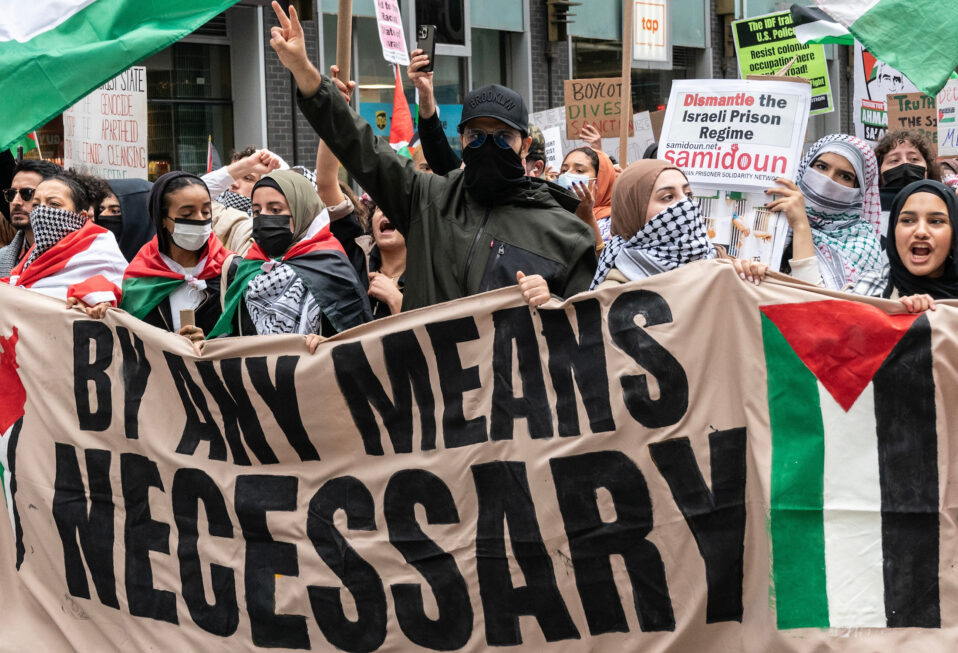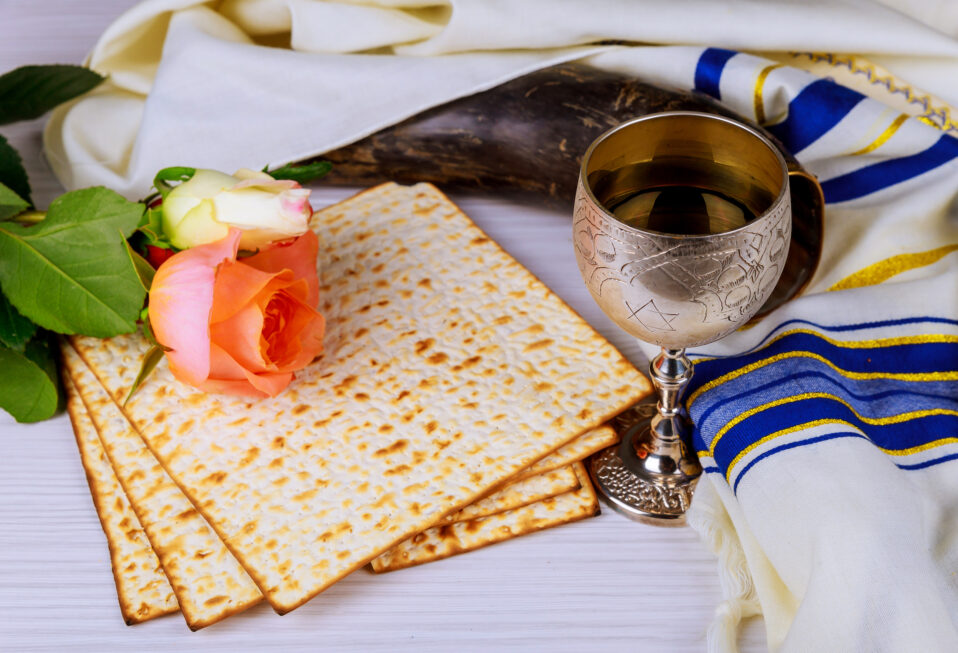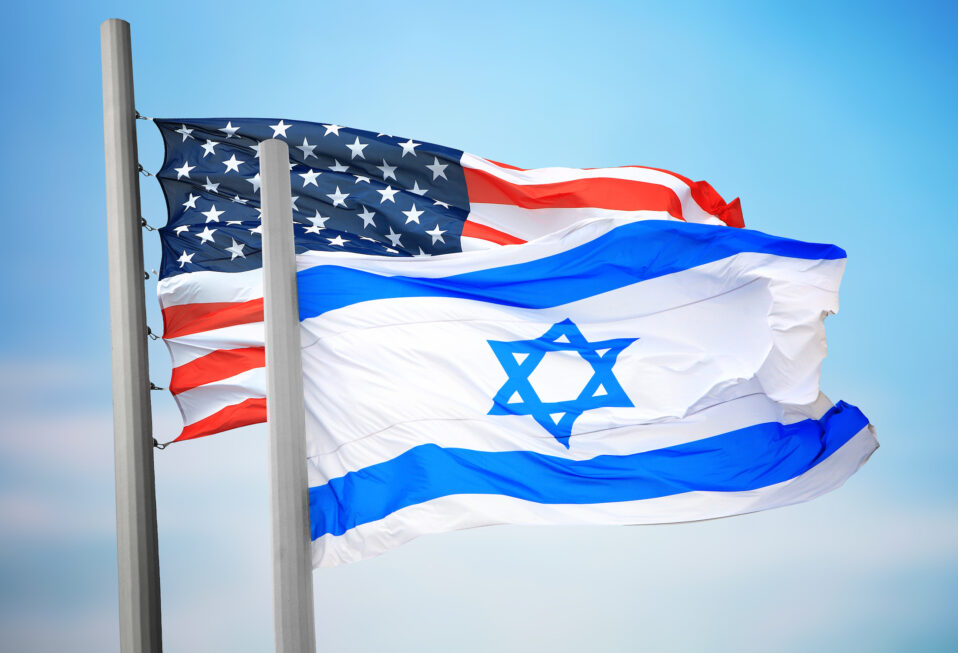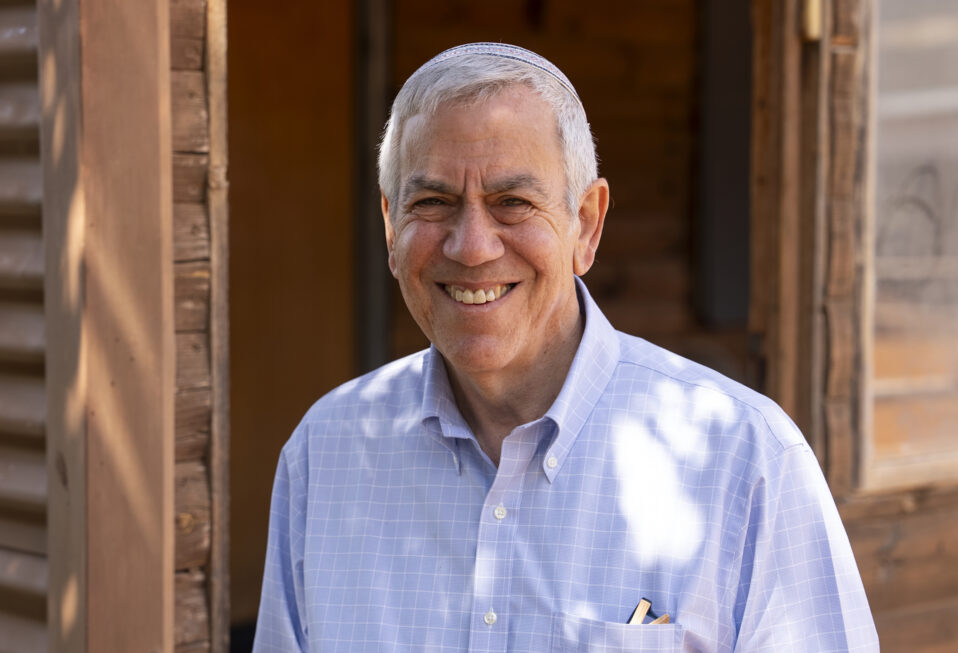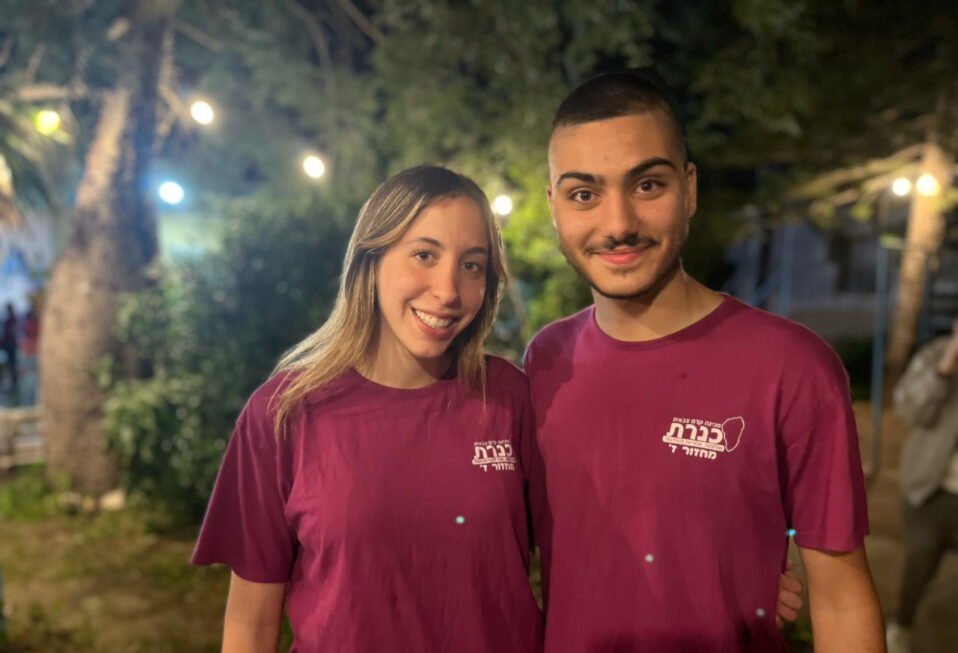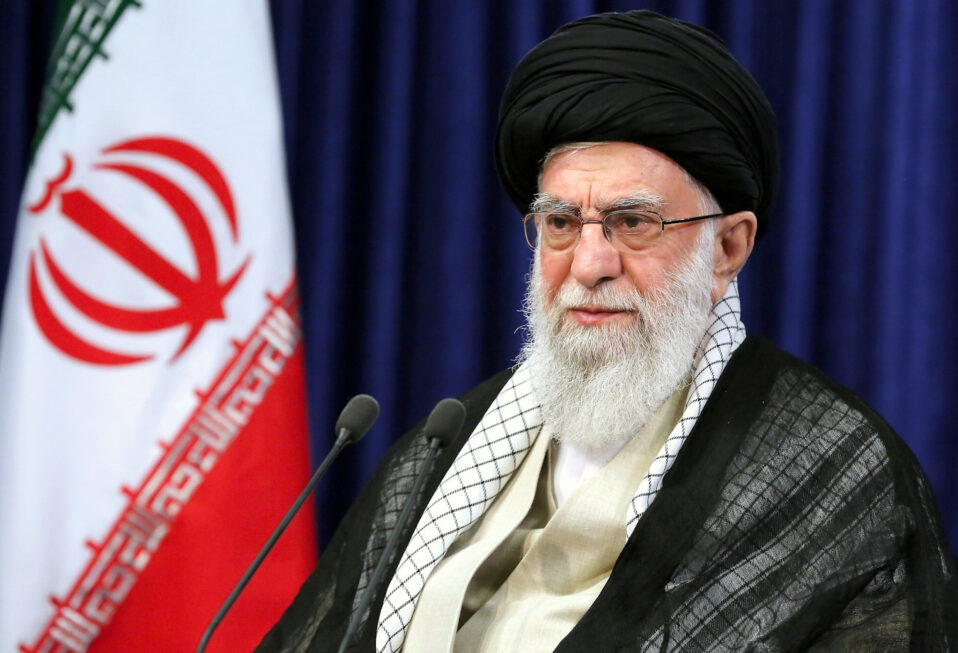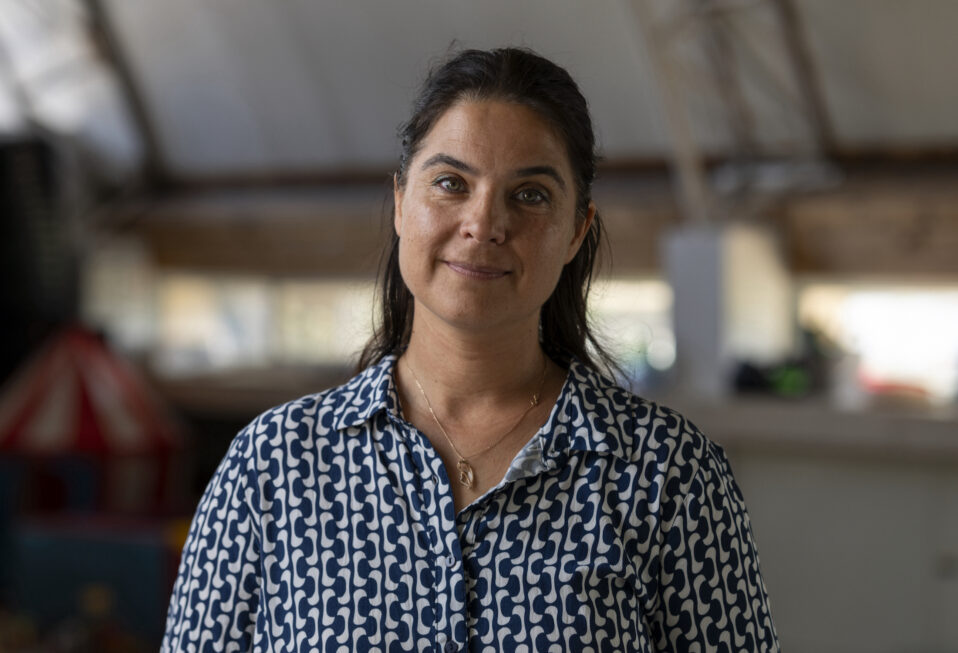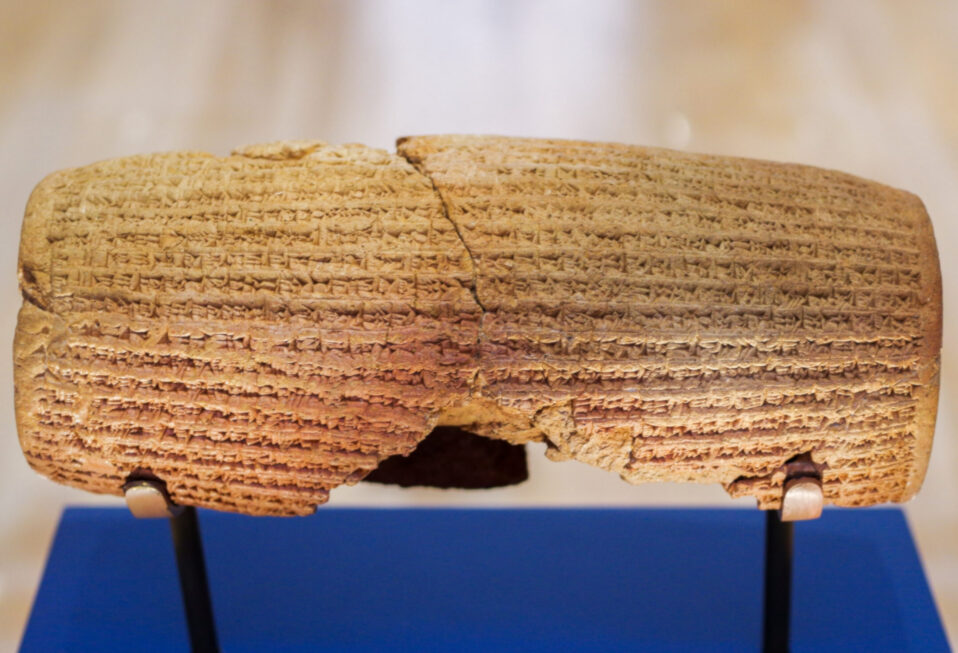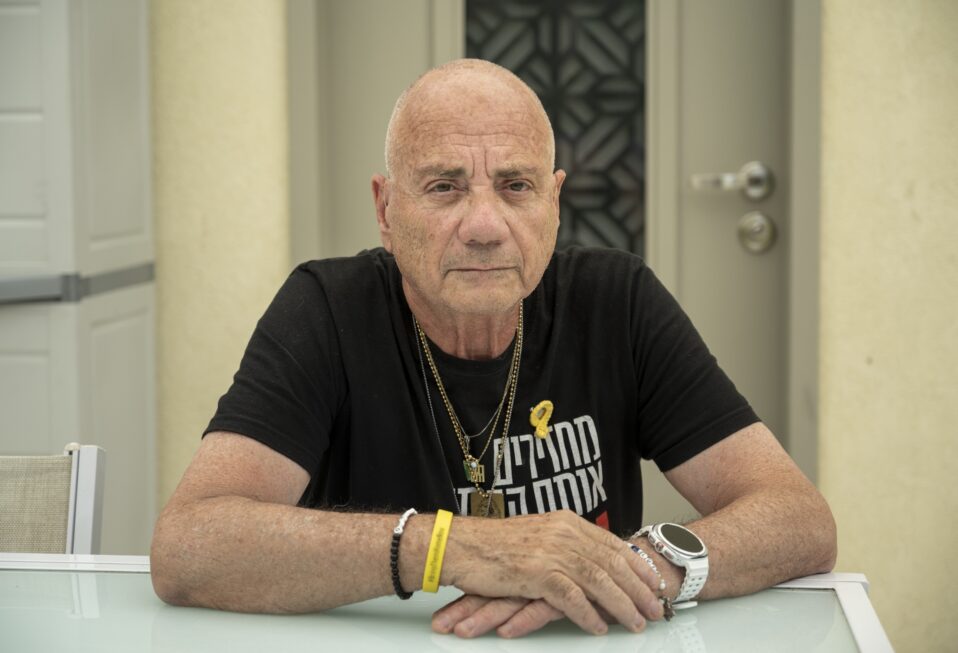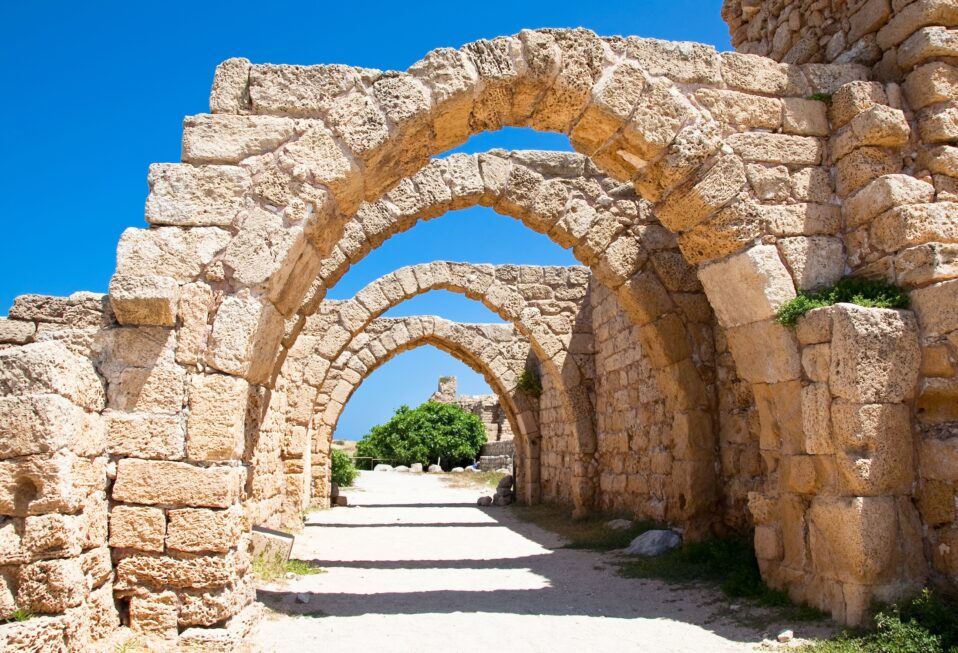By Arlene Bridges Samuels
Passover 2024 began on Monday, April 22. With Passover now in its fourth day, Jewish families worldwide celebrate their freedom festival retelling Moses’ rallying cry to Egypt’s Pharoah: “Let my people go.” In Israel this year, Passover’s rallying cry is “Let our hostages go!” However, the rallying cry on many prominent university campuses glorifies Hamas, the new Nazis. Their hostile shouts, such as “We are Hamas!” reverberate on campuses across the United States with help and funding from their unashamed anti-Israel and antisemitic backers.
Alas, the tsunami of Jew-hatred on American college campuses is not new. In the lead-up to World War II, Hitler handed a far-reaching propaganda portfolio to Joseph Goebbels, his head of the Ministry of Public Enlightenment and Propaganda. The 35-year-old Goebbels wielded unlimited power over schools, universities, film, radio, and propaganda. When Hitler became dictator in 1933, Goebbels shut down Germany’s free press. The long arm of this 5-foot-5-inch propagandist, who was nicknamed the “poison dwarf,” stretched across the Atlantic to mainstream anti-Semitism into the minds of American college students.
The “public relations” machine of the demonic duo, Hitler and Goebbels, took hold in the mid-1930s. Their plan included broadcasting Nazis in a good light, drawing German-Americans into their web, using ways to divide Americans, and when war broke out in Europe, Nazis sought to keep Americans out of it at all costs. Fortunately, the Nazi strategy did not appeal to all Americans. Three responses emerged: active opposition to Nazism, disinterest, and yes, on American soil, sympathy for the Nazis.
Examples of pre-World War II anti-Semitism on elite campuses such as Columbia and Harvard are easy to find. Administrators welcomed Nazi leaders to campus, enrolled Nazi-trained German exchange students, and promoted the idea of American students studying in Germany under Nazi oversight. Some returned to the United States mesmerized into supporting Hitler’s “New Germany.”
Today’s ineffectual tolerance of the outbreak of Jew-hatred for the last six months at Columbia University was preceded by a steady, ongoing assault. This blatant antisemitism can be traced all the way back to 1933 with former President Nicholas Murray Butler’s welcome to Nazi Germany’s ambassador, Hans Luther. Butler, like other Ivy League presidents, perhaps naively wished to connect with German universities in the mid-1930s—when Goebbels gradually turned halls of learning into halls of Nazi propaganda. A 2008 Jerusalem Post article pointed out that Stephen Norwood, Ph.D. from Columbia University and author of The Third Reich in the Ivory Tower, said at a conference that “Butler was morally indifferent to Nazi crimes during the critically important early years of Nazi rule.”
Not all American university students accepted the Nazi line. Robert Burke, who was chosen as president of the class of ’38, was expelled from Columbia in 1936 for leading one of the largest anti-Nazi demonstrations on campus. Afterwards, a series of strikes and protests at New York City colleges grew into what would become the longest student free-speech fight until the 1960s. These students demonstrated on the right side of free speech against an enemy, Hitler. The administration’s determined blindness to America’s higher education elites took place even with Nazi atrocities already marching against Jews in kidnappings and murders.
The pattern of anti-Semitism on college campuses continued into 2007 when Columbia invited then-President of the Islamic Regime, Mahmoud Ahmadinejad, to speak. Columbia President Lee Bollinger and his administration were aware of Ahmadinejad’s Holocaust denial and genocidal threats against Israel—including his statement, “The world powers established this filthy bacteria, the Zionist regime, which is lashing out at the nations in the region like a wild beast.” Ahmadinejad had a dangerous knack of turning the Islamic Regime’s own evil into lies against Israel. Keep this in mind when you hear the Islamic pharaohs and their proxies’ “facts” against Israel. They always describe themselves.
Here’s another example. In 1934, Harvard’s administration and alumni were delighted to receive Ernst Hanfstaengl, the Nazi party foreign press chief arriving from Germany for his 25th class reunion at Harvard. He was regaled at the dinners and meetings where he interacted with prominent alumni in corporate business, banking, and higher education. Just try to imagine the meetings and dinners where Hanfstaengl was quoted as saying, among other such pronouncements, that Jews were “vampires sucking German blood.” Yet Harvard’s student newspaper, The Crimson, had described Hanfstaengl as one who should be honored for his “high position in the government of a friendly country.”
Again, 1930s students bravely rose up at Harvard’s graduation ceremonies. They filled Harvard Square to oppose Hanfstaengl’s presence, demanding that the administration should instead give him a “Doctor of Pogroms” award. University police ripped down the anti-Nazi signs posted on campus. They also arrested some of the protesting students and imprisoned them for six months—without Harvard President James Bryant Conant speaking a word on their behalf.
History repeats itself with a questionable ambivalence about the safety of Harvard’s Jewish students today. On January 2, 2024, President Claudine Gay resigned after her Congressional testimony, in which she did not clearly condemn anti-Semitism on campus. When asked if calls for genocide against Jews following the Hamas war were in violation of Harvard’s code of conduct, this was her tepid response: “It can be, depending on the context.”
Regarding Columbia University’s protesting students, the unpeaceful encampment protests were organized by Columbia University Apartheid Divest and joined by dozens of student-led organizations. Where are the brave students of yesteryear who opposed Germany’s Nazis? Where are the students standing up for both Jews and Christians on campus to oppose the inhumane new Nazis? Where are the 600 million pro-Israel Christians worldwide who are massively spreading facts and education about Israel, our spiritual homeland?
Is this where our universities are now? Are they merely elevated institutions for Hamas—the beastly murderers of Jews who imitate Hitler, Goebbels, and the Islamic pharaohs (and their surrogates) cruelly oppressing freedoms within their own populations?
Century upon century—scattered across the world in the Jewish Diaspora—the Jewish community worldwide has celebrated Passover, its oldest festival, which originated more than 3,000 years ago. Jews have steadfastly remembered their exodus from Egypt amid wars, pogroms, persecution, in concentration camps, and now during the first Passover in their modern homeland following the barbaric October 7 attacks. Admittedly in their own words, the Islamic Regime’s new pharaohs recently confessed and boasted about what we knew: their planning of last year’s horrific assault.
Until April 30, Israelis sit with empty chairs at their Passover tables, traumatized and grieving as they think about those they have lost, yet resolute to survive as they always have under the God of Abraham, Isaac, and Jacob. Israelis and Jews worldwide celebrate their history—while clearly understanding shouts from American campuses and worldwide. They all mean death.
“From the River to the Sea, Palestine will be free.” “Arab blood is not cheap, for the martyrs we will speak.” “Resistance by any means necessary.” “Globalize the intifada!” “Go back to Poland.” “We are Hamas.” And from a 1930s chant, “Let us all be American Hitlers.”
An important note! If any readers personally know of Jewish or Christian students intimidated on a university campus due to protestors’ hate speech or physical assaults, contact the American Center for Law and Justice at www.ACLJ.org. Upon reviewing the situation, they are willing to represent college students for free. It is part of their ongoing outreach to stand for freedom!
We welcome you to join our team at CBN Israel this week on behalf of all university students under threat who are standing on the truth of God’s promises. As stated in Isaiah 41:11-12 NIV, “All who rage against you will surely be ashamed and disgraced; those who oppose you will be as nothing and perish. Though you search for your enemies, you will not find them. Those who wage war against you will be as nothing at all.”
Prayer Points:
- Pray for wisdom for all parents of students in threatening contexts on campuses.
- Pray for Christian students to stand beside Jewish students in prayerful, protective ways.
- Pray for university administrators to make strong decisions to protect students at risk.
- Pray for university presidents to reject pressures to tolerate Jew hatred on their campuses.
Arlene Bridges Samuels pioneered Christian outreach for the American Israel Public Affairs Committee (AIPAC). After she served nine years on AIPAC’s staff, International Christian Embassy Jerusalem USA engaged her as Outreach Director part-time for their project, American Christian Leaders for Israel. Arlene is an author at The Blogs-Times of Israel and has traveled to Israel since 1990. She co-edited The Auschwitz Album Revisited and is on the board of Violins of Hope South Carolina. By invitation, Arlene attends Israel’s Government Press Office Christian Media Summits. She also hosts her devotionals, The Eclectic Evangelical, on her website at ArleneBridgesSamuels.com.


